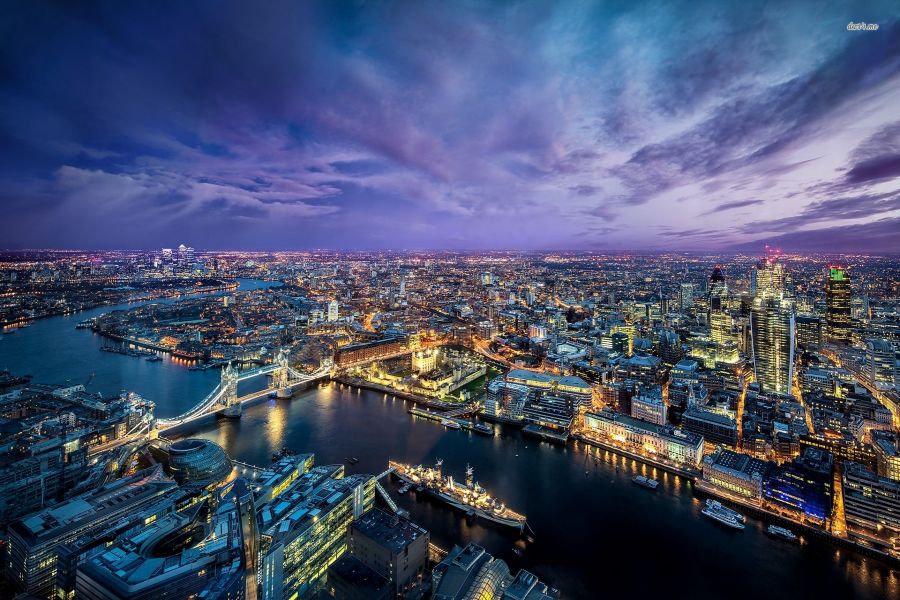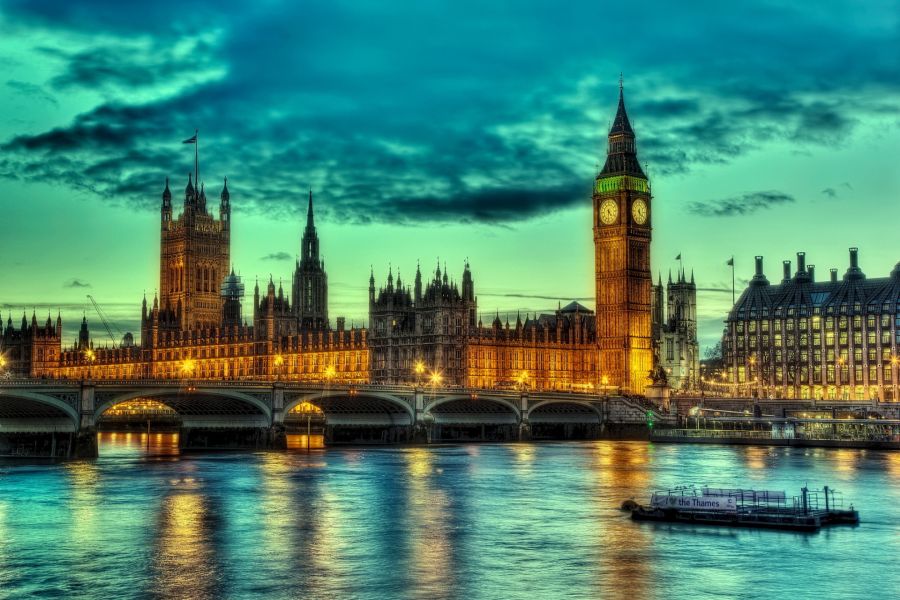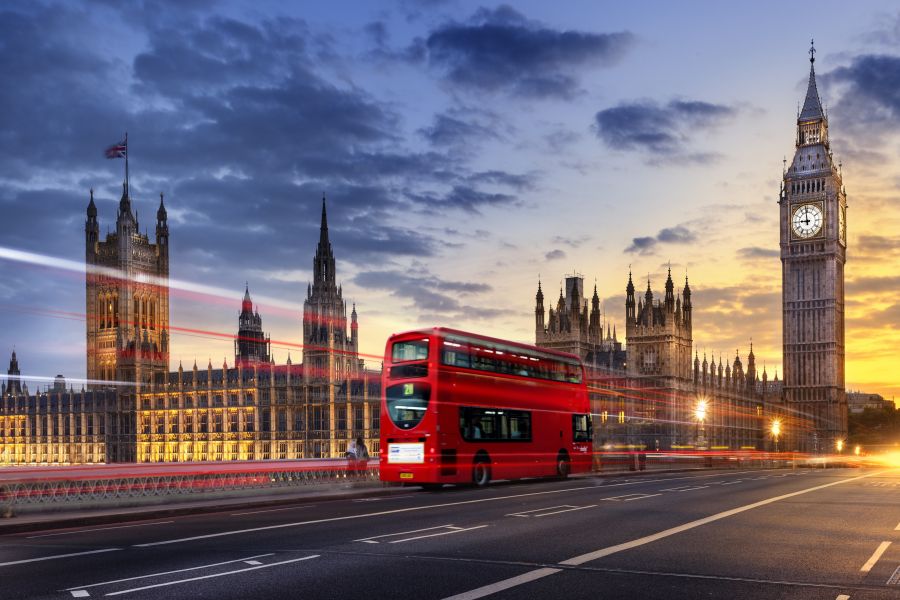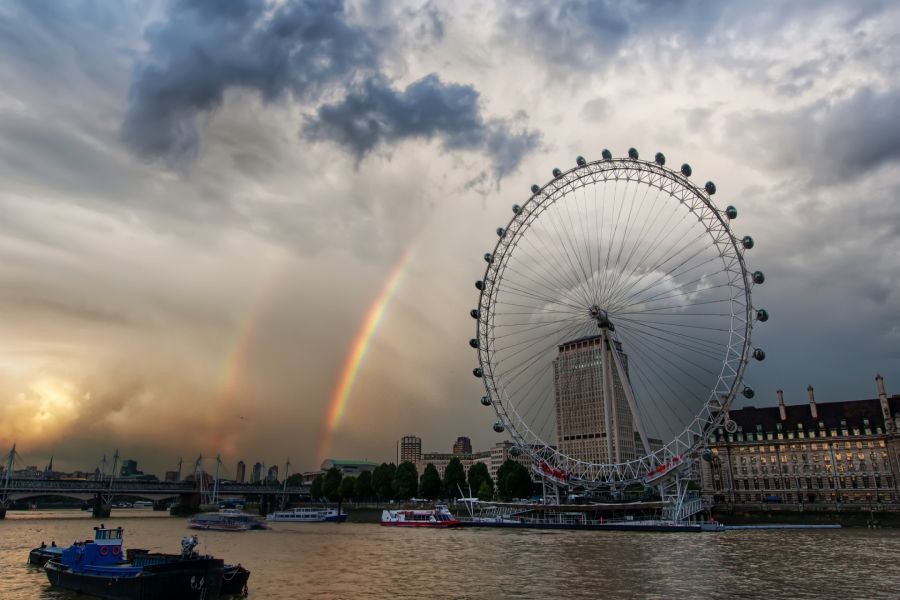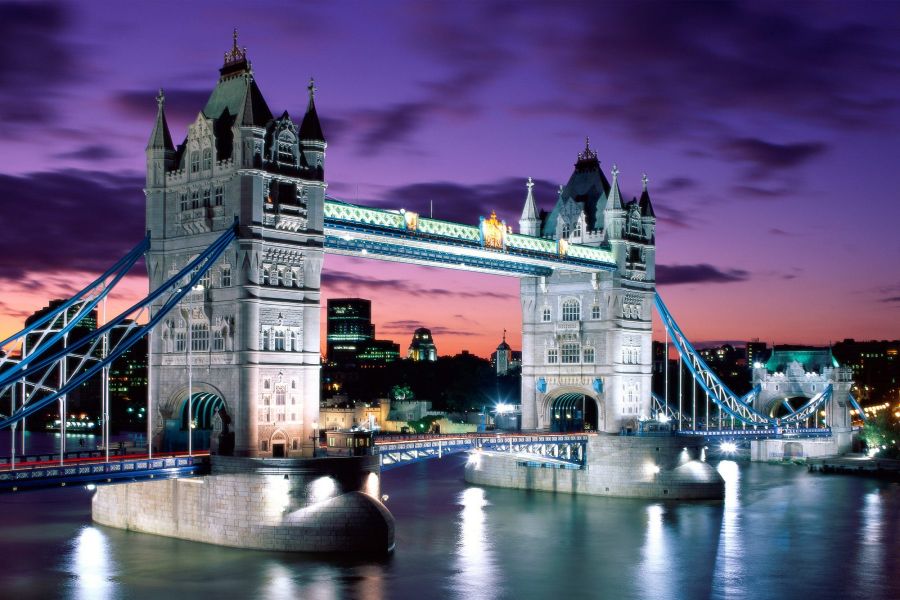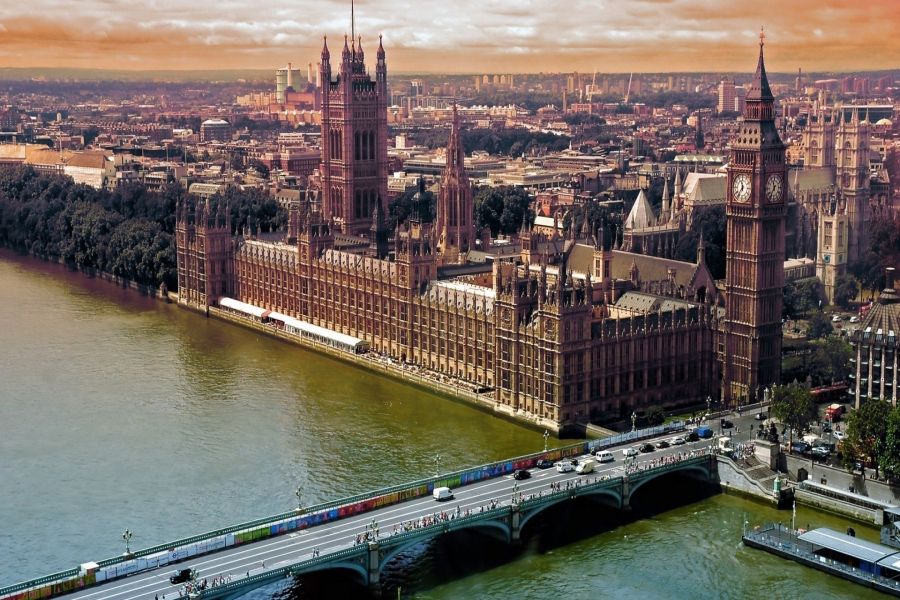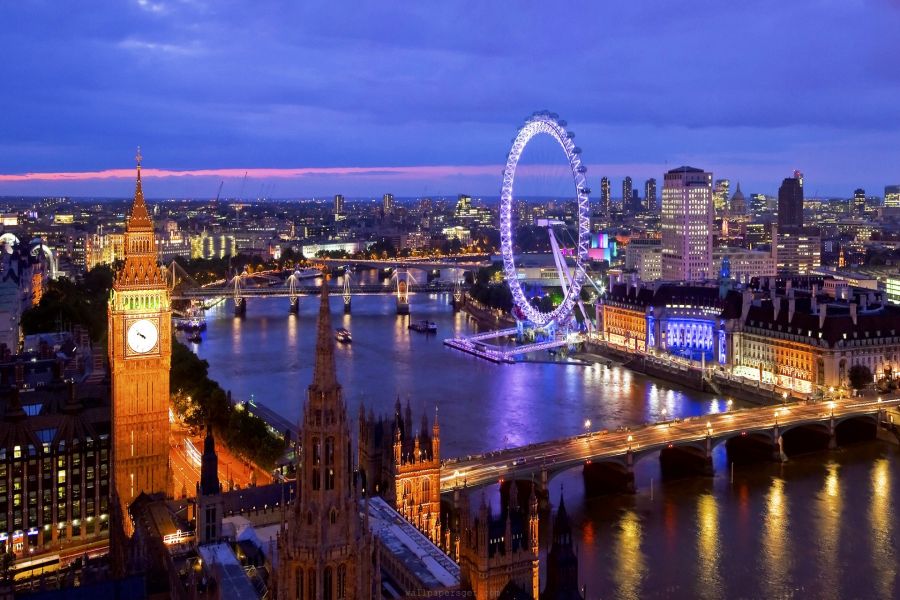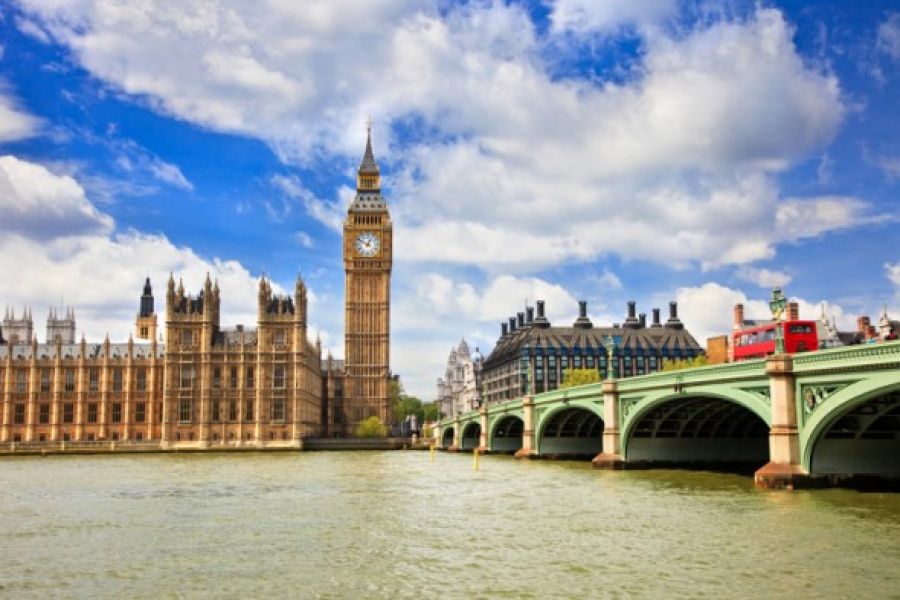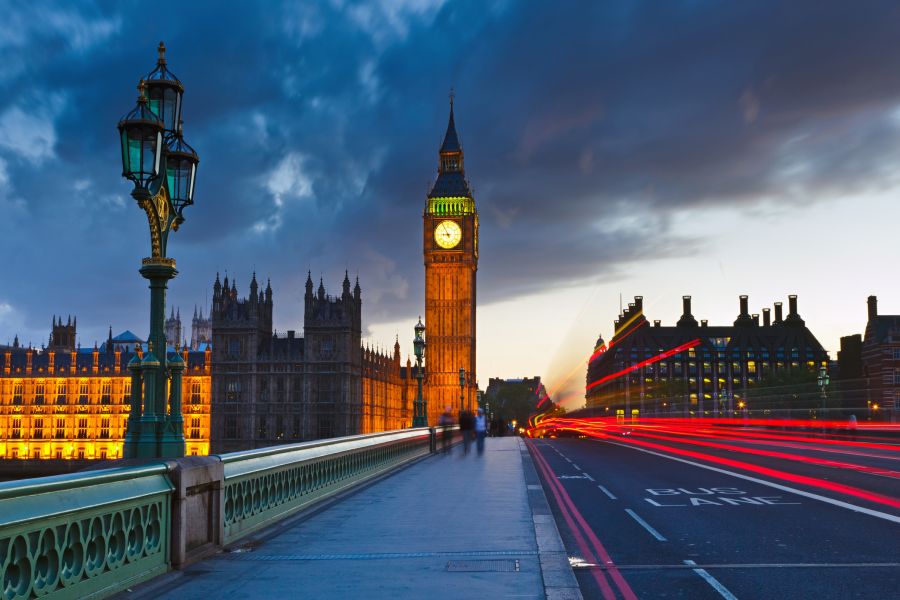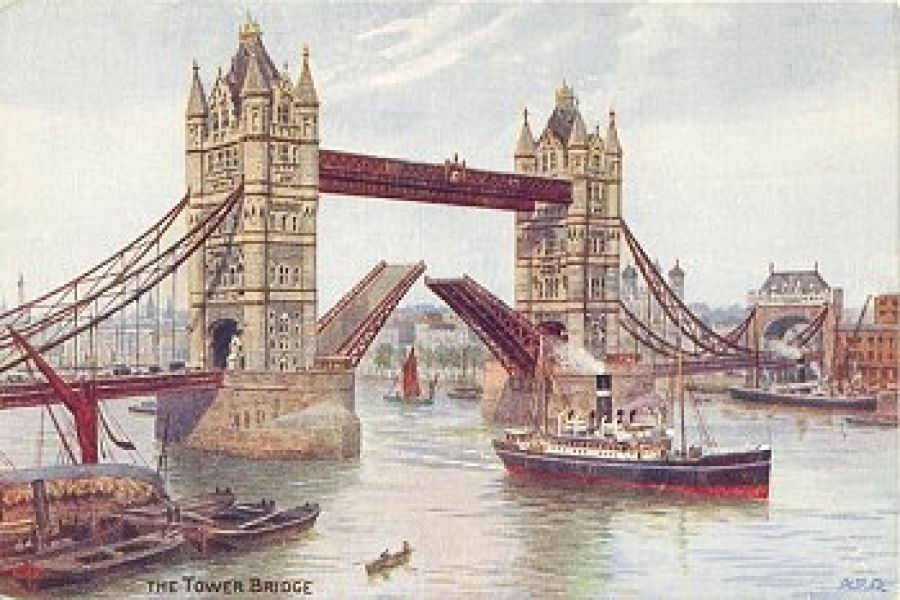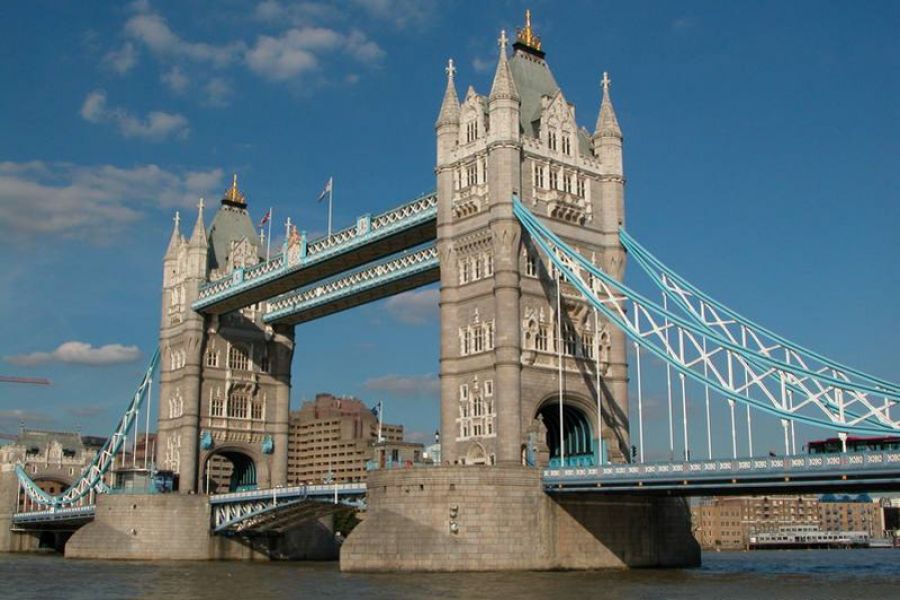The University of Oxford (informally Oxford University or simply Oxford) is a collegiate research university located in Oxford, England. While having no known date of foundation, there is evidence of teaching as far back as 1096,[1] making it the oldest university in the English-speaking world, and the world's second-oldest surviving university.[1][6] It grew rapidly from 1167 when Henry II banned English students from attending the University of Paris.[1] After disputes between students and Oxford townsfolk in 1209, some academics fled northeast to Cambridge, where they established what became the University of Cambridge.[7] The two "ancient universities" are frequently jointly referred to as "Oxbridge".
The university is made up of a variety of institutions, including 38 constituent colleges and a full range of academic departments which are organised into four divisions.[8] All the colleges are self-governing institutions as part of the university, each controlling its own membership and with its own internal structure and activities.[9] Being a city university, it does not have a main campus; instead, all the buildings and facilities are scattered throughout the metropolitan centre.
Most undergraduate teaching at Oxford is organised around weekly tutorials at the self-governing colleges and halls, supported by classes, lectures and laboratory work provided by university faculties and departments. Oxford is the home of several notable scholarships, including the Clarendon Scholarship which was launched in 2001[10] and the Rhodes Scholarship which has brought graduate students to read at the university for more than a century.[11] The university operates the largest university press in the world[12] and the largest academic library system in the United Kingdom.[13] Oxford has educated many notable alumni, including 27 Nobel laureates, 26 British prime ministers (most recently David Cameron, the incumbent) and many foreign heads of state.[14]

